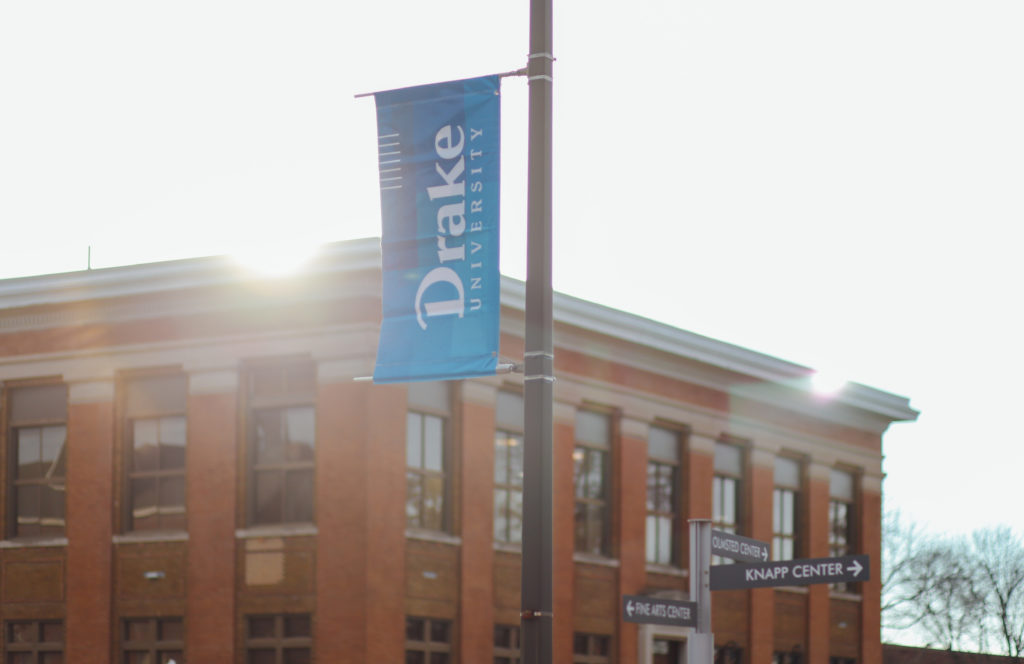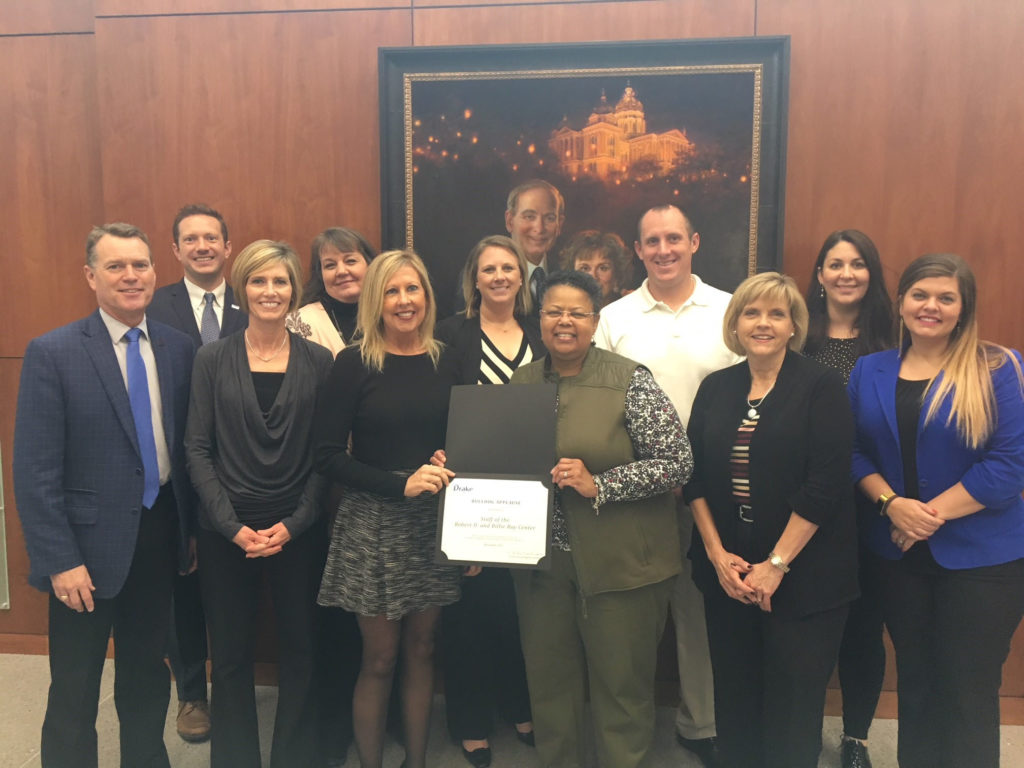All members of the campus community are invited to a celebration of life to remember Paul Morrison tomorrow, Dec. 6, at 11 a.m. in The Knapp Center. A public reception will follow.
Schedule:
- 9 a.m.––South doors to The Knapp Center open
- 10 a.m.––Seating begins
- 11 a.m.––Service begins
- 12–2 p.m.––Public reception at The Knapp Center
- 2 p.m.––Funeral procession to Glendale Cemetery; route to circle campus via Morrison Way
- 2:15 p.m.––Public burial with military honors at Glendale Cemetery
Parking:
- Parking lot 3 will be reserved for funeral parking and closed to faculty, staff, and students prior to and during the funeral.
- Parking lot 10 will be reserved for disabled parking and closed to faculty, staff, and students prior to and during the funeral.
- Parking lots 1 and 2 will be open, but will also be open to the general public for parking prior to and during the funeral.
Also, a visitation will be held today, Dec. 5, from 4 to 7 p.m. at Dunn’s Funeral Home located at 2121 Grand Ave. in Des Moines.
Paul’s legacy and many contributions to the University will never be forgotten. To remember and read more on his remarkable life and career, visit GoDrakeBulldogs.com.






